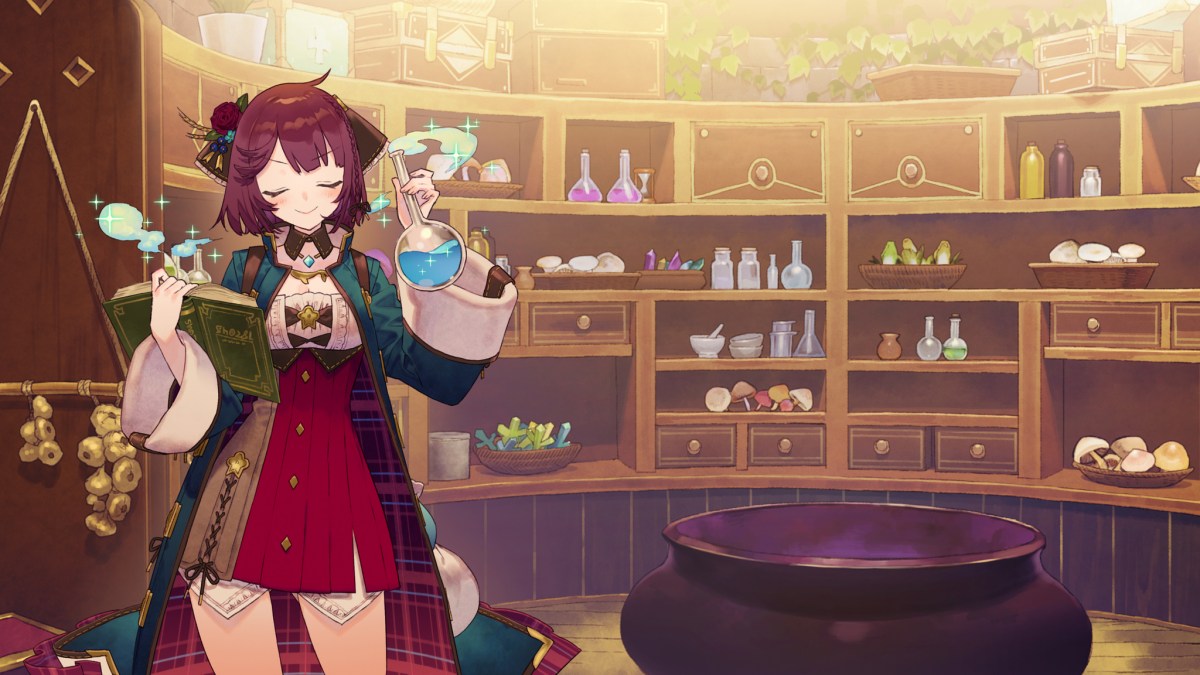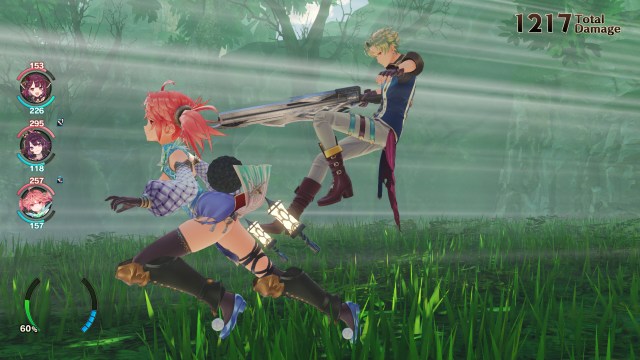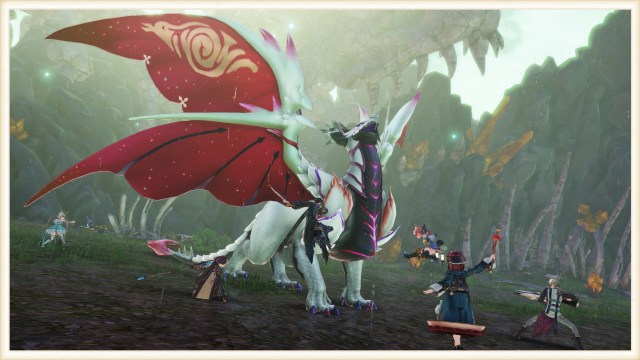Atelier Sophie 2 Review: Alchemic Boogaloo
I got the Breakin' joke out of the way; now I can't use it again

Atelier is back, and so I, once again, am back on my bullshit. Atelier is Vibes the Videogame in every way you can think of, minus the vaporwave beats. These games are about achieving maximum chill, but also giving min/maxers opportunities to do things like build a bomb with the power to slay gods. It’s the duality of man, in a nutshell. Atelier Sophie 2 is the latest, and notably a rare direct sequel in the series. But Sophie isn’t as anime as Ryza was, so how does a sequel justify itself?
It doesn’t. But at the end of the day, that really isn’t important.
Sophie’s first adventure was thoroughly self-contained, wrapping up its few plot elements and leaving the story without a sequel hook. Sophie is simply hangin’ out with her friend Plachta going on adventures. That’s all you needed to know, and that’s where we pick up here. Then, instead of tossing the pair into some local goings-on, they’re instead sent to another world without warning. Just like one of those Isekais the kids are so into these days.
Atelier Sophie 2: The Alchemist of the Mysterious Dream Review
This world is basically a nightmare hypercapitalist hell carnival, but everyone there just calls it a land of dreams. People travel here to hone their crafts without the burdens of time or age, and then go back to their own worlds once they’re done. Imagine being transported to a place where you’re trapped forever until you get really good at your job. That’s happening here, and everyone loves it. Terrifying.

Anyway, Sophie and Platcha are separated, and that’s when stuff starts happening. You get world-building, random scenarios, all kinds of lighthearted whimsy from a game that knows it didn’t have to show up. People just seemed to like Sophie, so she’s here to run around with again, like an old friend. It’s flimsy, and the premise feels shortsighted, but it’s mostly about being cute and fun.
What’s interesting about Sophie 2 is how it plays. Arguably, and by that I mean I’ve been on a podcast with multiple folks saying it, Atelier as a series had its “Final Fantasy VII moment” with Ryza. That game found a much larger audience, so much so that the Switch version had to be reprinted. So Ryza 2 happened right quick, a numbered sequel for the first time in Atelier since the PS2 era. Gust and Koei Tecmo clearly noticed the shift.

So right after Ryza 2 is Sophie 2, and suddenly we’ve wandered off the beaten path twice in a row. Atelier games largely come in trilogies lately, sharing the same world and characters, but you never play as the same person twice. It seems like Gust is really honing in on making its protagonists shine as characters, following Ryza’s success. And you can tell just by looking at Sophie 2.
This game is gorgeous. I’ve played on PC (on a preview build) and on the Switch, and it’s simply incredible. I thought Ryza 2 looked great, but Sophie uses its cutesy protagonist and unreal setting to really play with deep colors, strange outfits and stronger animation and camera work. Which is weird to think about, since unlike Ryza 2 this game doesn’t have a native PS5 version. And for the record, Sophie 2 runs great on Switch! It’s still pretty, still runs smoothly, and even has a performance/quality setting.

That camera work I noted earlier comes into play with combat. Ryza and its sequel broke rank in Atelier, opting for a sort of active time combat structure. The earlier series were turn-based, and Sophie 2 stays there. But it’s a very punchy turn-based, with speed settings, quick transitions and a very mobile camera. It feels good! There are also team up dynamics, but they’re a lot more straightforward and easy to digest compared to the first game.
Alchemy has also been punched up a bit too, albeit in a weird way. I guess while Gust likes to try new things, it seems like alchemy systems are part of the continuity in a weird way. So alchemy here looks like it did in the first Sophie; ingredients take the form of Tetris-like shapes on a grid and you get bonuses for arranging in certain ways. However, the first game’s gimmick involving overlapping pieces and spawning adjacent bonuses was bad and they knew it was bad.

So it’s simpler here: you still get the shapes, but the board is static and has specific bonus spaces for the relevant colors. It can still get pretty tricky, especially early on when you’re trying to optimize crappy ingredients. But it’s so much easier to digest and understand, while when I played the first game I struggled with alchemy the whole time.
So basically, Atelier Sophie 2 resulted from Gust dropping the first game in an alchemy pot and boosting its quality and traits. It’s an interesting dedication to a years-old Atelier, revisiting systems even if they seem “dated” compared to the Ryza games, but altering them to still bring some flavor and iteration to the table. Otherwise, if you started with Ryza, you may want to know while that game was a little more plot heavy, Sophie and its sequel are way more laid back and… not really about anything for the most part. Sophie just sort of wanders around and finds things to do, until eventually there’s a reason for a final boss to exist. But it’s pretty happy-go-lucky overall. And that’s fine! I just hope the next Atelier has a friendlier premise than “going on adventures in the candy-colored work forever dimension.”
Pros:
- Immaculate chill vibes
- Well-paced despite said vibes
- Fascinating gameplay continuity
Cons:
- Set in a capitalist utopia far scarier than anything in Cyberpunk 2077
- Camera feels a little weird
- Roulette gathering is weird and hard to see on a Switch Lite screen
Score: 8.5
A copy of this game was provided by the publisher for review. Reviewed on PS4.
